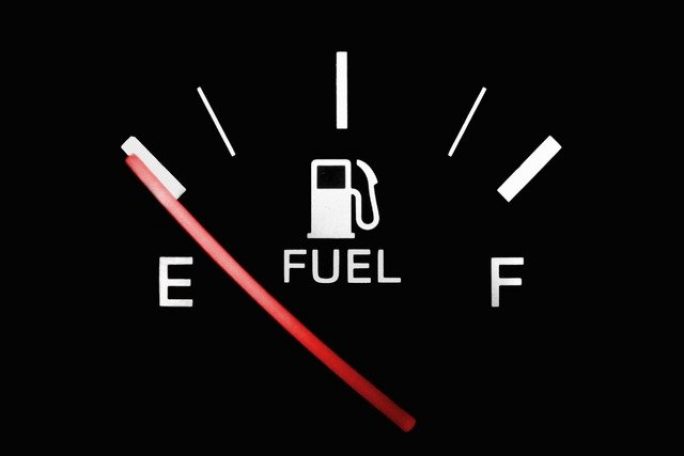If you are new to the world of campervans and are planning to get out on the road for the first time, there are many things to consider. Regardless of what kind of RV you have, remember that its full tank will have a limited range.
Fuel anxiety is the worry that you could run out of fuel. For example, an RV could have a ‘Miles per Gallon’ (MPG) value of 30 stated in the manual, but you may only get 20 in reality. This article will give you the information and guidance needed to avoid having fuel anxiety when you take your RV out for a drive.
Why is fuel anxiety an issue?
RV’s range in sizes; from small micro campers to huge Class A motorhomes. This variety of RVs results in a big range of possible MPG values. Generally speaking, the bigger the RV, the less MPG it will get. This means that to cover the same distance, a bigger camper will usually require more fuel. This is something to know before buying or renting an RV as this extra fuel can be quite expensive.
Most RVs will get around 10-20 MPG when out on the road. How far they can go is therefore their average MPG multiplied by how many gallons the fuel tank can hold. Unfortunately, the reality is that you are unlikely to get the full tank range due to many factors. This is why you should never trust the predicted mileage as truth, and should always be prepared during long trips.
Factors that affect fuel consumption
Below are the most common factors that affect fuel consumption in an Rv.
1. The additional weight in the RV
RVs have a set weight and it is this weight that their MPG is modelled off. However, as soon as you start adding people and their luggage this weight will dramatically increase. This extra weight makes it much harder for the engine to shift the RV, decreasing the MPG.
2. The speed you drive at
For an RV to go faster, it requires more fuel. This means that if you are a fast driver, you will be burning much more fuel. Driving fast (within the limits) might be fun sometimes, but it will burn more fuel than cruising at a steady speed.
In particular, if you accelerate fast, this will drain the fuel quicker to get such a huge weight up to speed. The steadier you drive, the better the MPG you can expect.
3. The terrain you drive on
If you do a lot of off-roading, bigger tires can actually decrease MPG and the challenging terrain, particularly if it is loose and hilly. These environmental conditions make it harder for the RV to get up to speed and maintain it. Furthermore, if you get up into steep mountains and high altitudes, the engine won’t perform as well as it could due to there being less oxygen in the air.
4. Insufficient maintenance
Not looking after your RV properly can reduce MPG. An easy way to improve your MPG is to make sure your tires are inflated to the correct pressure. Underinflating will make it hard for them to carry the weight. Insufficient ad blue if it is a diesel or not enough oil can make it hard for the engine to work. Clogged up filters and air intakes can cause the engine to underperform and overheat.
Electric RV’s
It is worth mentioning electric RV’s as they are slowly coming onto the market and gaining popularity. The idea of an electric RV is wonderful; they are environmentally friendly and likely to be the future of RVing.
There are huge questions about their range, however. As they are new to the market, they aren’t tried and tested, so it’s something you have to be careful about. If you ‘run out of fuel’ with an electric RV, you might find it difficult to locate a nearby charging station.
RV fuel anxiety is a real issue for electric RV drivers. The final point is that you need to find places to charge them up. Therefore you have to plan your trip around this to ensure you don’t end up static at the side of the road.
The RV Fuel Anxiety Solution
RV fuel anxiety naturally increases as the fuel tank empties. So, to reduce the stress of running out of fuel, you need to keep it topped up. This means planning a route with plenty of gas stations. This way, you can be sure you have enough fuel to get to the next one without running out.
If you go boondocking, you need to be even smarter with your fuel. A great tip is always to keep a jerry can of fuel safely stowed away in your RV. If you run out, you will be able to use it to get you to the nearest gas station.
RV Fuel anxiety Conclusion
There is a simple solution to fuel anxiety. First of all, always carry some fuel on you in a secure, safely stowed away jerry can. Even with good planning or making an honest mistake, you can run out of fuel. Always plan your trip to make sure gas stations are on route.
Having a full tank will always keep you in good stead. The campervan lifestyle is all about enjoying life on the road so keep your tank topped up and enjoy exploring!

